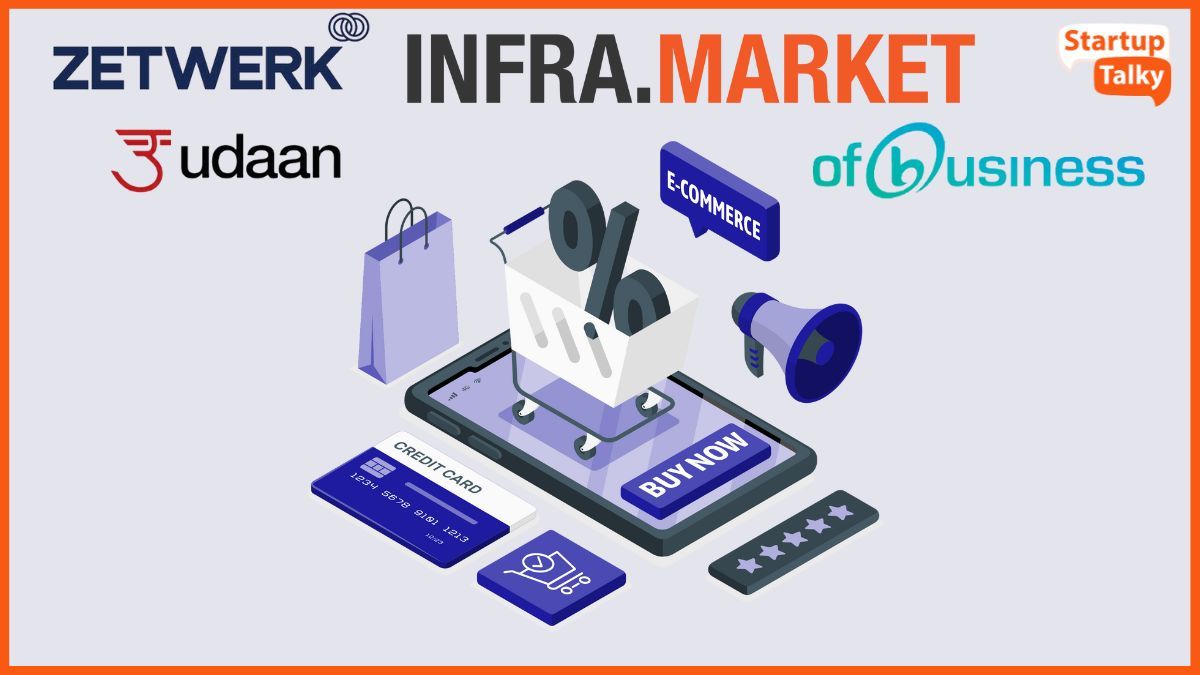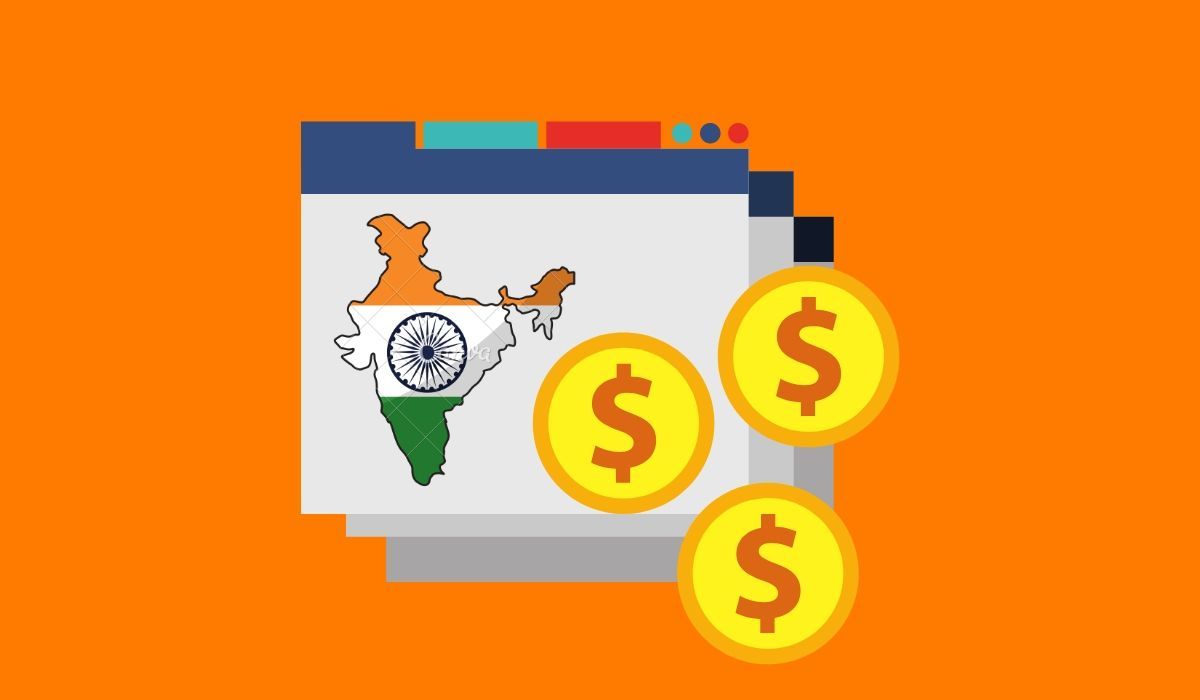This article has been contributed by Ajay Adiseshann, Founder MD & CEO, PayMate.
Not long ago, B2B payments were a herculean task—paper checks, endless invoices, and back office systems that felt like they belonged in the 19th century. It was all about “paying and getting paid.” Fast forward to today—the landscape has transformed dramatically. Digital payments aren’t just a convenience anymore—they’re a strategic necessity.
While consumer digital payments grab all the attention, B2B transactions are quietly undergoing a revolution of their own. Automated B2B payments are giving businesses—especially SMEs— better visibility and control over their working capital. Financial institutions are also benefiting, using data to derive insights and tailor financial products, bringing more businesses into the formal economy. The result? Smoother transactions, faster access to credit, and a more efficient financial system for businesses of all sizes.
Why Digital B2B Payments Are a Game-Changer
Despite rapid growth, many small businesses across India and the world are still tied to old school payment methods. That’s a massive untapped opportunity. According to a report, India’s B2B payments market is expected to surge from USD 7.6-8.0 trillion in 2022 to remarkable $200 billion market opportunity by 2030. The key to unlocking this potential? Businesses must embrace digitization in their accounts receivables and payables. Doing so will boost efficiency, improve liquidity, and future-proof their financial operations.
Let’s explore the key factors shaping the future of B2B payments and why they matter.

1. SMEs Leading the Digital Shift
SMEs have historically been overlooked by traditional financial systems. But as independent players in a competitive world, SMEs need technology to take over their repetitive daily tasks, allowing them to focus on crucial aspects such as business growth and innovation. This is where digital payments come into play. By automating transactions and reducing manual paperwork, digital payments empower businesses to redirect their time and energy toward strategic priorities, fostering creativity and long-term success.
Additionally, digital payments are bridging the gap between small businesses and large enterprises by reducing payment cycles, offering real-time cash flow insights, streamlining operations, and providing digital tools that help smaller businesses compete more effectively. This, in turn, benefits SMEs, as better documentation and cash flow visibility make banks more willing to extend credit. With access to capital, these businesses can innovate, grow rapidly, and contribute even more to India’s overall economic growth.
2. The Push for Digital Transformation
What B2B payments lacked earlier – Speed, transparency, and efficiency—digital B2B payments are delivering all 3 on just few clicks, making it easier for businesses to track their spends and manage their cash flow in a better way. The real-time cashflow visibility help businesses make smarter financial decisions.
For banks, insurance companies and other financial institutions, the data from digital payments is gold as it provides them with insights that help them understand their consumers better. It enables them to create tailored financial products such as better credit offerings, personalized loan packages, working capital solutions, varied insurance products, and more that better serve businesses, fostering a more inclusive as well as dynamic financial ecosystem.
3. Innovative platforms like Bharat Connect Are Bridging the Gap
To bridge the digital divide in more structured manner, the government and other authorities have ramped up their efforts by showing support for the infrastructural development. For example, last year in August, at the 5th Global Fintech Fest (GFF) organised by multiple governmental authorities and Payment Council of India, Former RBI Governor Shaktikanta Das introduced Bharat Connect, a game-changing platform by NPCI Bharat BillPay.
It’s designed to make invoice cycle smoother, reduce inefficiencies, and facilitate secure transactions for businesses and consumers. Platforms like this are reshaping B2B payments, helping SMEs access faster payments, transparent receivables, and better financing options.
These platforms don’t just improve individual businesses—they create a networked economy where growth opportunities multiply. By centralizing various payment types, Bharat Connect enhances transaction efficiency and financial inclusion, benefiting consumers and businesses alike.
4. The Bigger Economic Picture
When businesses accept that digital is the future, the benefits go beyond their balance sheets. Faster and transparent transactions improve supply chain efficiency and bring more businesses into the formal economy creating a positive ripple effect that fosters trust, encourages innovation, and drives economic growth.
The outcome? A stronger as well as more inclusive financial system that empowers small businesses, supports governments, and benefits society. By reducing cash dependency and fake currency problems as well as increasing accessibility, digital payments pave the way for a fairer, more connected economy where thriving becomes possible for everyone.
So, what are the new trends driving the transformation?
• Real-Time Payments & Tracking: Faster fund transfers mean better cash flow with an ability to take faster financial decisions. This is especially crucial for cash-crunched SMEs.
• API Integration: This helps in creating a seamless connected world of financial systems such as ERP, accounting software, etc. that automates workflows and eliminates inefficiencies.
• Data-Driven Decisions: A crucial role is played by analytical data sourced from the systems that help businesses optimize payment cycles, track spending patterns, and forecast financial needs.
• AI & Blockchain Powered Payment Solutions: These advanced technologies are not only cutting down manual work and fraud risks but also improving efficiency, security, and enhancing trust in overall B2B payments ecosystem.
• Financial Inclusion: Digital platforms are bringing more businesses into the formal fold and reducing the digital gap between businesses – right from SMEs to large enterprises, ensuring all have access to essential financial services.
The Bottom Line
B2B payments have gone beyond just transactions. Businesses that embrace digital future will gain a competitive edge and unlock new growth opportunities that will positively impact India’s economy. With government-backed initiatives like Bharat Connect, the next phase of B2B payments will not only strengthen small businesses but also contribute towards a thriving, interconnected digital economy that fosters innovation, resilience, and long-term prosperity.


















